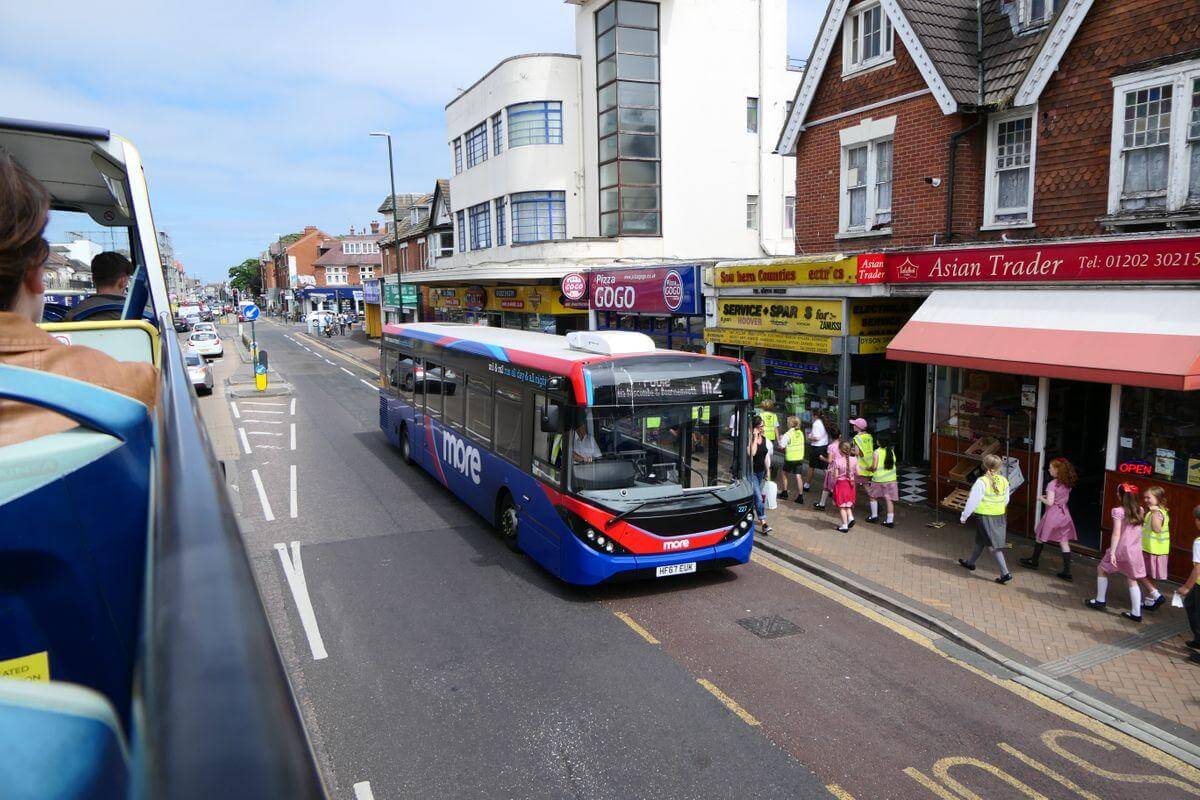
Go South Coast wowed at the UK Bus Awards, with two phenomenal wins. Nikki Honer speaks to Madaline Dunn about how the Go-Ahead subsidiary won gold for ‘Sustained Marketing Excellence’ for morebus and the m1 and m2 routes
Originally starting out as Wilts and Dorset in 1983, the operator rebranded in 2004 as morebus. Nikki explained: “We developed two routes – the m1 and m2 – that were very simple and ran very frequently and rebranded them as morebus.
“It did cause a little confusion though. When I joined Wilts and Dorset there was a differential between m1 and m2 and the rest of the services. People thought that morebus was a different, better, bus company. So, we took the decision to rebrand all of our services as morebus.
[…]By subscribing you will benefit from:
- Operator & Supplier Profiles
- Face-to-Face Interviews
- Lastest News
- Test Drives and Reviews
- Legal Updates
- Route Focus
- Industry Insider Opinions
- Passenger Perspective
- Vehicle Launches
- and much more!


